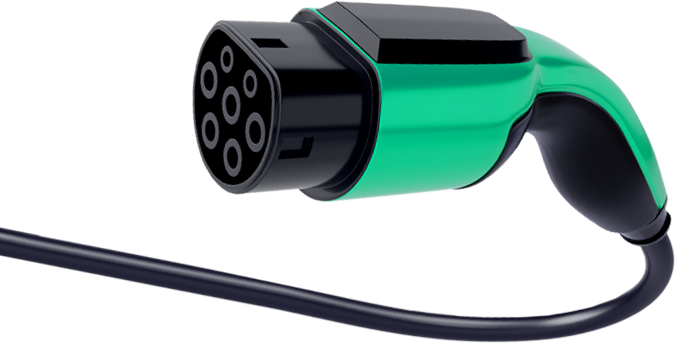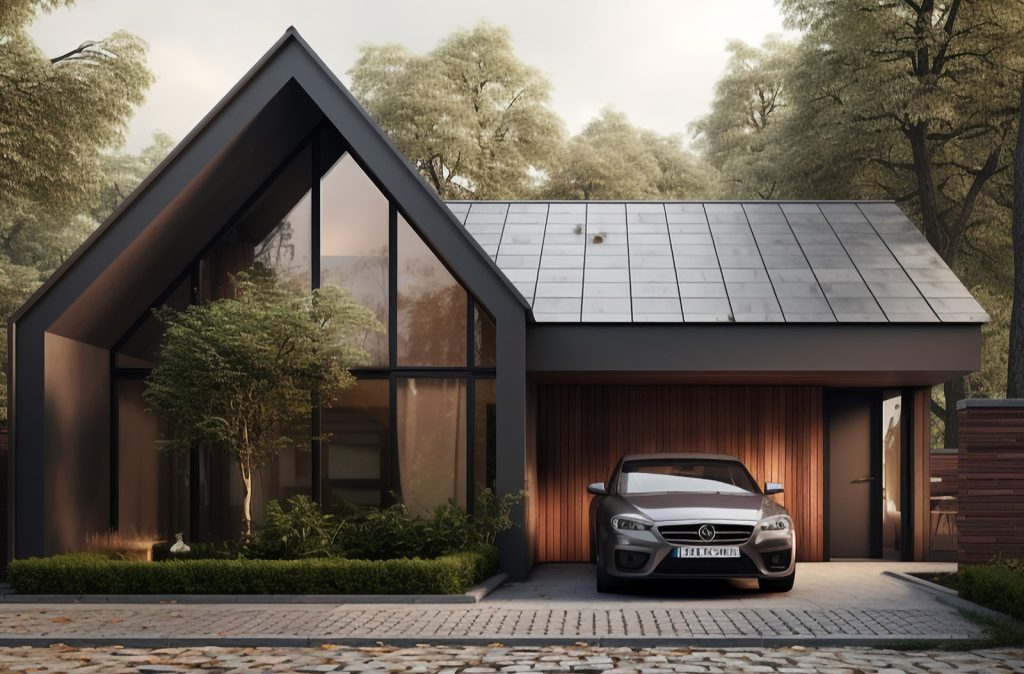The type of EV charger you need depends on your vehicle and charging preferences. Level 1 chargers use a standard 120-volt outlet and are slower but convenient. Level 2 chargers, which require a 240-volt outlet, charge much faster and are recommended for daily use. If you drive a Tesla, you might prefer a Tesla Wall Connector, but many other brands work well for both Tesla and non-Tesla vehicles.
The installation process typically takes 2-4 hours, depending on the complexity of your home’s electrical system and the charger type. If additional electrical work is needed, such as upgrading your electrical panel, the process may take longer.
Not necessarily. Our team will assess your current electrical panel during the initial consultation. If your panel has enough capacity to handle the additional load, no upgrade is needed. If not, we’ll discuss options for an upgrade to ensure safe and efficient charging.
The cost varies based on factors like the charger type, installation complexity, and any additional electrical work required. We offer free consultations to provide an accurate quote based on your specific needs.
Yes, many states and utility companies offer incentives or rebates for installing home EV chargers. In Florida, for example, you may qualify for rebates through your local utility provider. We can help you identify and apply for any available incentives.
The best location for your EV charger is typically in your garage or driveway, close to where you park your vehicle. We’ll assess your space and recommend the optimal location for safety, convenience, and minimizing installation costs.
Yes, many states and utility companies offer incentives or rebates for installing home EV chargers. In Florida, for example, you may qualify for rebates through your local utility provider. We can help you identify and apply for any available incentives.
The best location for your EV charger is typically in your garage or driveway, close to where you park your vehicle. We’ll assess your space and recommend the optimal location for safety, convenience, and minimizing installation costs.
Most homes are compatible with EV chargers, but some may require electrical upgrades. During our consultation, we’ll inspect your electrical system to ensure compatibility and recommend any necessary adjustments.
Charging your EV at home will increase your electricity usage, but it’s generally more cost-effective than using public chargers or gasoline. The exact increase depends on your driving habits and electricity rates, but many EV owners find that the savings on fuel costs outweigh the additional electricity expenses.
Yes, most Level 2 chargers are compatible with multiple EV brands and models. You can use the same charger for different vehicles in your household as long as they support the same charging standard (e.g., J1772 for non-Tesla vehicles or a Tesla Wall Connector).
EV chargers require minimal maintenance. It’s important to keep the charging cable and plug clean and free from damage. Regularly inspecting the charger for wear and tear and ensuring the area around it is clear of obstructions will help ensure long-term performance. If any issues arise, our team provides ongoing support and maintenance services.
![]() Certified & Insured:
Certified & Insured:![]() Fast & Reliable:
Fast & Reliable: ![]() Expertise for All EVs:
Expertise for All EVs:
![]() Certified & Insured:
Certified & Insured:![]() Fast & Reliable:
Fast & Reliable: ![]() Expertise for All EVs:
Expertise for All EVs:




